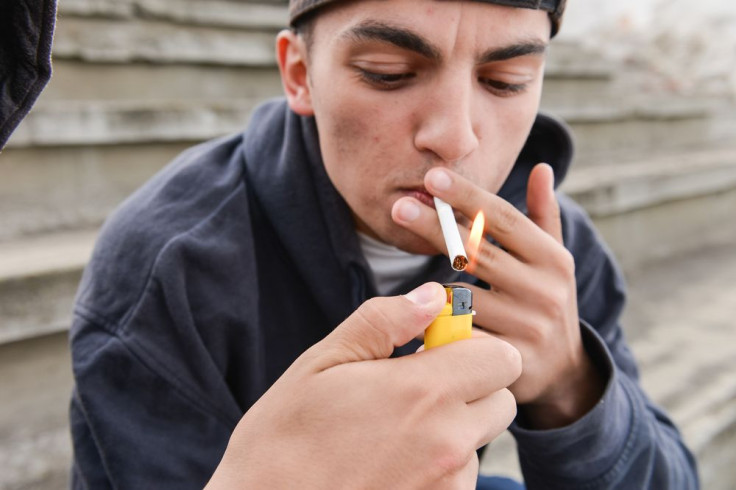Kids With ADHD Can Prevent Substance Abuse With Meds And Counseling — Without Getting Hooked On The Meds

Attention-deficit hyperactivity disorder (ADHD) is one of the most common childhood disorders, according to the Centers for Disease Control and Prevention (CDC). However, its prevalence is marred with controversy due to its ambiguous nature. Symptoms often resemble those of other problems — anxiety, depression, and learning disabilities among them. Like people with those problems, people with ADHD face a particular struggle growing up: Many of them fall into substance abuse.
A new clinical report from the American Academy of Pediatrics focuses on this tendency in an effort to open discussion and find solutions to what, for many, is a persistent problem. Writing in their report, they found that children with ADHD were 2.5 times more likely to try and abuse drugs. They’re also more likely to start earlier and continue into adulthood.
Surprisingly, ADHD meds like Ritalin and Adderall, the very same drugs that college kids around the country are abusing. “One of the main points [of the finding] is that treating ADHD both with behavioral techniques and medications seems to lower the risk of substance abuse,” said co-author Dr. Sharon Levy, director of the adolescent substance abuse program at Boston Children’s Hospital, according to HealthDay. That’s right, ADHD meds, though addictive in their own right, may help — now, it becomes a question of what’s worse.
Seventy to 80 percent of people with ADHD responded to treatment with these drugs, which fall in the class of amphetamines and methylphenidates. A study from last year found that many of them restore balance to the brain’s chemistry, providing proper levels of dopamine, thus making patients more attentive and less hyperactive. Considering that ADHD meds were made to work in patients with the disorder, taking these addictive drugs can be considered safer than using cocaine, heroin, and marijuana, or smoking cigarettes and drinking alcohol.
It’s not exactly clear why kids with ADHD are more likely to abuse substances, but researchers suspect that the reason falls along the same lines as people who experience similar symptoms, as well as certain environmental factors. Some indicators of ADHD include having a hard time resisting temptation, impulsiveness, difficulty getting along with others, difficulty focusing and paying attention, and having difficulty processing information. These symptoms can cause a child to not only fall behind in class but become anxious about their school work, too. In turn, they may begin identifying with other kids with the same problems, which can eventually lead to their experimentation with drugs.
Prescribing them intelligently is an issue, however. There’s a concern among clinicians and ADHD experts that too many kids are getting diagnosed, leading to unnecessary prescriptions of the drugs. The report found that 23 percent of school-aged children were approached to sell, buy, or trade their medication, according to a press release. Because of this, “pediatricians need to make a careful diagnosis before prescribing, and use safe prescribing practices and counseling to minimize diversion and misuse of these drugs,” Levy said. Above all, he said, “awareness is key.”
Source: Harstad E, Levy S. Attention-Deficit/Hyperactivity Disorder and Substance Abuse. Pediatrics. 2014.



























